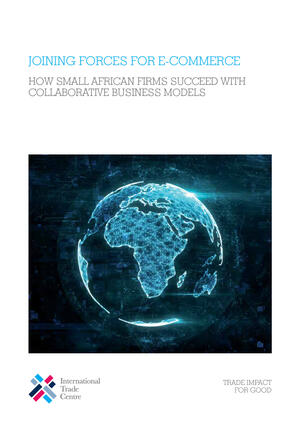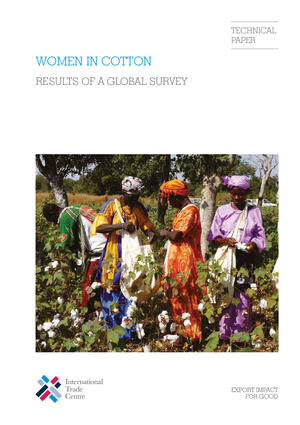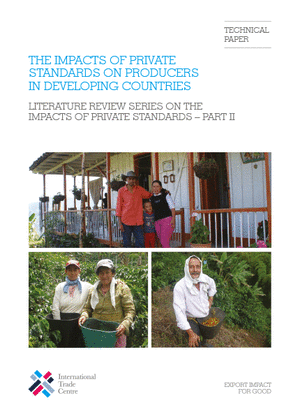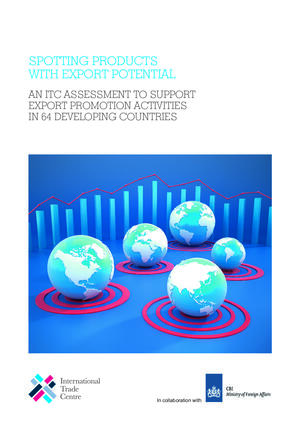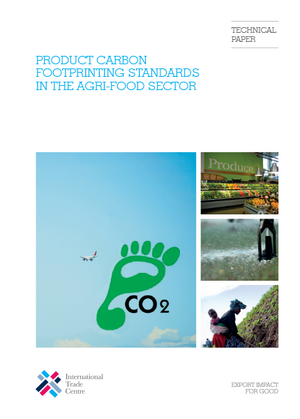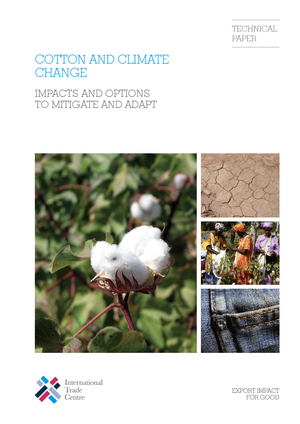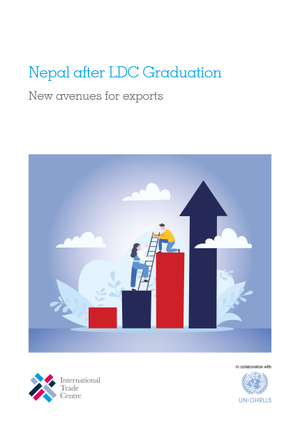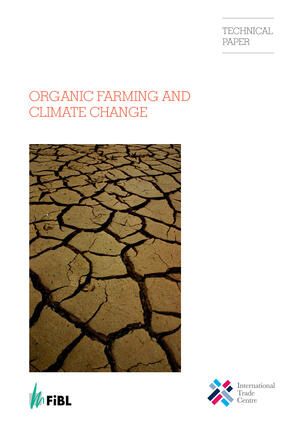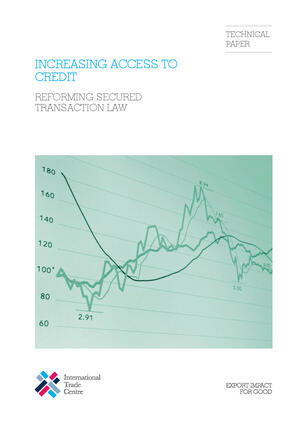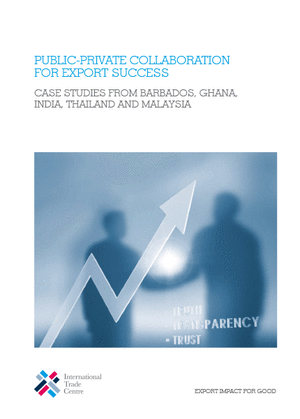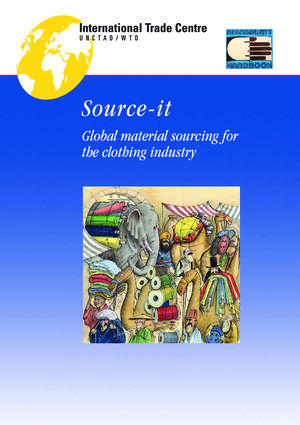Joining forces for e-commerce: How small African firms succeed with collaborative business models
Micro, small and medium-sized enterprises in Africa can tackle e-commerce barriers such as formalization, e-payments and delivery by joining forces through collaborative business models. This paper examines the pros and cons of three models – associations, consortiums and cooperatives – and...




